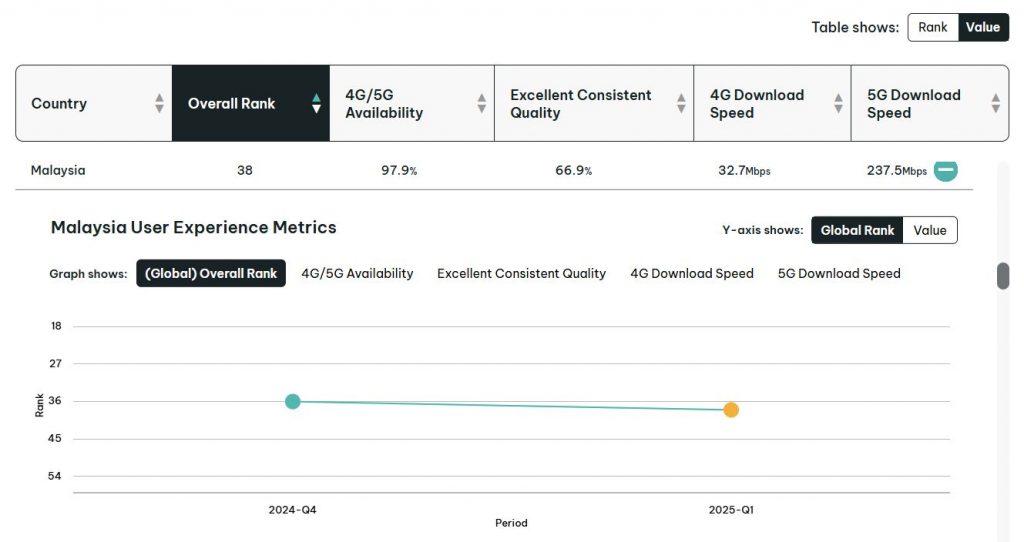The Employee Retention Credit (ERC) has been a lifeline for businesses navigating the challenges brought about by the COVID-19 pandemic. However, recent developments, including a pause by the IRS, have left many business owners wondering about the implications for their ERC applications. In this blog, we will delve into the intricacies of the IRS pause and its effects on ERC processing.
1. ERC Mills and False Claims
One of the primary reasons for the IRS pause in ERC processing is the proliferation of ERC mills and false claims. ERC mills are entities that churn out large volumes of questionable ERC applications, often leading to delays and potential fraud. The IRS has taken this pause to review and enhance its processes to ensure that only legitimate claims are processed promptly.
2. How the Pause Impacts Businesses Who Already Applied
Businesses that have already applied for the ERC may experience delays in processing due to the IRS pause. The increased scrutiny and validation processes may result in longer waiting times for businesses eagerly awaiting their ERC funds. It’s crucial for businesses to stay informed about the status of their applications and be prepared for potential delays.
The longer wait times can be stressful for businesses that need the ERC refund for financial relief. If you are concerned about the status of your application, it is best to speak with your ERC specialist or call the IRS directly.
3. Can I Still Apply for ERC?
Image source: https://www.cleanlink.com/
Despite the pause, businesses can still apply for the Employee Retention Credit. It’s important to ensure that your application is accurate, complete, and free from any fraudulent claims. The IRS is committed to supporting businesses in need, but it is equally determined to prevent abuse of the ERC program.
The ERC application deadline, as of now, has not changed. However, there is no deadline for how long the IRS should take to process your claim. It is best to apply as soon as possible to ensure that you receive your claim faster, especially with delays from the IRS moratorium.
4. How to Find a Certified ERC Specialist
To navigate the ERC application process successfully and avoid potential pitfalls, it’s advisable to work with certified ERC specialists. Here are some key considerations when seeking professional assistance:
- No High Upfront Fees: Reputable ERC specialists typically do not charge exorbitant upfront fees. Be cautious of services that require significant payments before any work is done.
- Compliant Fee Service Model: Look for specialists who operate on a compliant fee service model. This ensures transparency and aligns the specialist’s success with the success of your ERC application.
- Audit Protection: Choose a service that provides audit protection. This ensures that you are supported in case your ERC application is subjected to an audit by the IRS.
- Certified Tax Professional or Tax Attorney: Work with specialists who are certified tax professionals or tax attorneys. Their expertise and knowledge will prove invaluable in navigating the complexities of the ERC application process.
While the IRS pause in ERC processing may introduce temporary challenges, it is a necessary step to protect the integrity of the program. Businesses should remain vigilant, stay informed, and consider partnering with certified ERC specialists to ensure a smooth and successful application process. By adhering to best practices and leveraging professional expertise, businesses can maximize their chances of securing the Employee Retention Credit.







